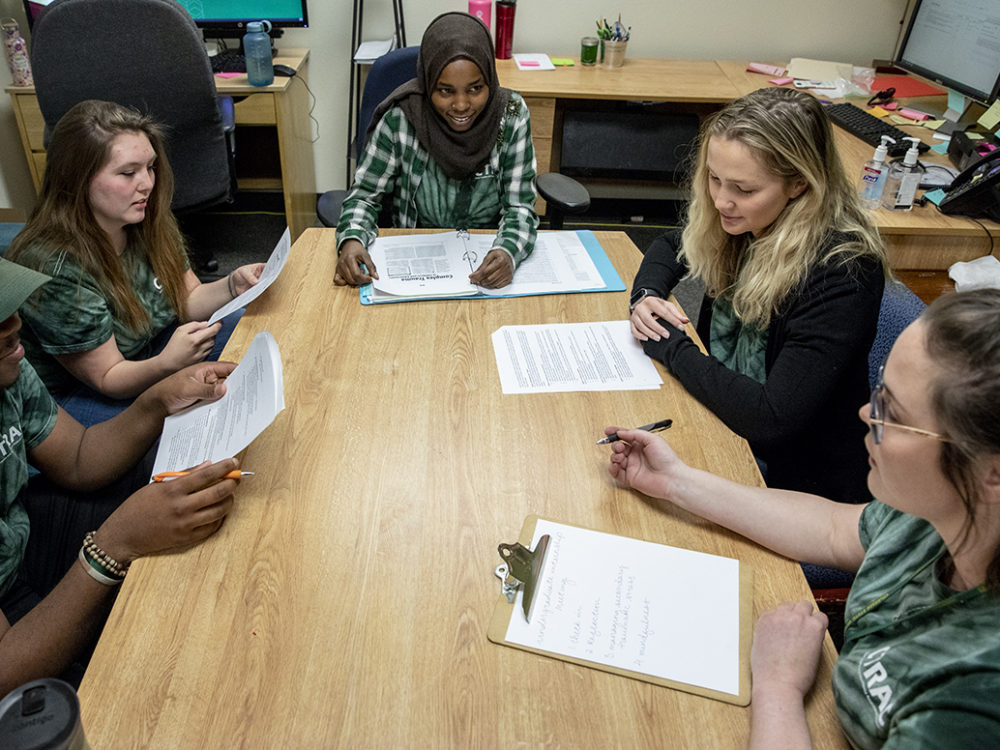About Trauma and Resilience Assessments
What is a Trauma Assessment? Available for children and adults, CTRAC assessments aim to understand the impact of complex trauma on an individual’s development and well-being in order to develop a plan to support the client and family moving forward. We use a resilience-based approach to identify the strengths and resources of the client and their support system. We offer recommendations that focus on helping the client and family recognize, understand, and value their own strengths in responding to and healing from trauma.
What is Resilience? Research from the Harvard Center for the Developing Child tells us that when children, youth, and families experience traumatic events it can impact them in many difficult ways. Yet, research tells us that everyone is born with the capacity to bounce back from difficult experiences (source Harvard Center on the Developing child). This is resilience – it is common and can be developed with support.
The Process
How do I refer someone for a trauma assessment?
If you are a Department of Human Services caseworker: Larimer County – Please submit the trauma screen and subsequent paperwork to Kaitlyn Gattis who will then send a referral to conduct the assessment. Other counties – Please follow your county’s protocol or contact CTRAC for further information.
If you wish to refer a child involved with the Department of Human Services: Please contact the child’s caseworker with any trauma-related concerns and work with the caseworker to complete a trauma screen which will direct the referral process.
If you wish to refer an individual not involved with the Department of Human Services: Please contact CTRAC to learn more about this process.

Frequently Asked Questions
Can you assess sibling groups?
Yes. Depending on availability, we can assess multiple children from the same family on the same day. If we are unable to accommodate a sibling group on the same day, we will work with the family to determine the best way to schedule each child.
Will this assessment investigate past events?
No. The CTRAC assessment is NOT investigative in nature and is not meant to prove (or disprove) the details of traumatic experiences reported by a youth and/or adults. Whereas the particulars of traumatic events may be discussed, the CTRAC assessment does NOT include a forensic interview intended to elicit details about possible events the child may have experienced or witnessed.
What is complex trauma?
According to the National Child Traumatic Stress Network, complex trauma describes both children’s exposure to multiple traumatic events—often of an invasive, interpersonal nature—and the wide-ranging, long-term effects of this exposure. These events are severe and pervasive, such as abuse or profound neglect. They usually occur early in life and can disrupt many aspects of the child’s development and the formation of a sense of self. Since these events often occur with a caregiver, they interfere with the child’s ability to form a secure attachment. Many aspects of an individual’s healthy physical and mental development rely on this primary source of safety and stability.
How does resilience inform recommendations?
Resilience is the ability to recover, “bounce back” and show effective adaptation following a potentially traumatic event. We use the Attachment, Regulation, and Competency Framework to identify current areas of resilience, along with areas of resilience that can be further developed.
Do you make recommendations about placement or parenting time?
No. We are not custody evaluators and we do not perform placement or parenting-time evaluations or provide such recommendations. However, we do provide information in the report regarding the type of environment that will be most supportive to the healing process from a trauma-based perspective.
Can caregivers or professionals of the client watch the assessment?
No. We do not allow this kind of observation out of respect for the client and the sensitivity of this process. There is a waiting room for caregivers and we allow youth to “check-in” or take breaks as needed.


